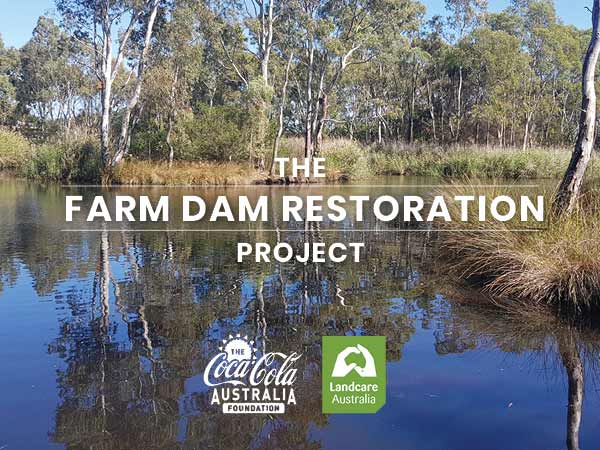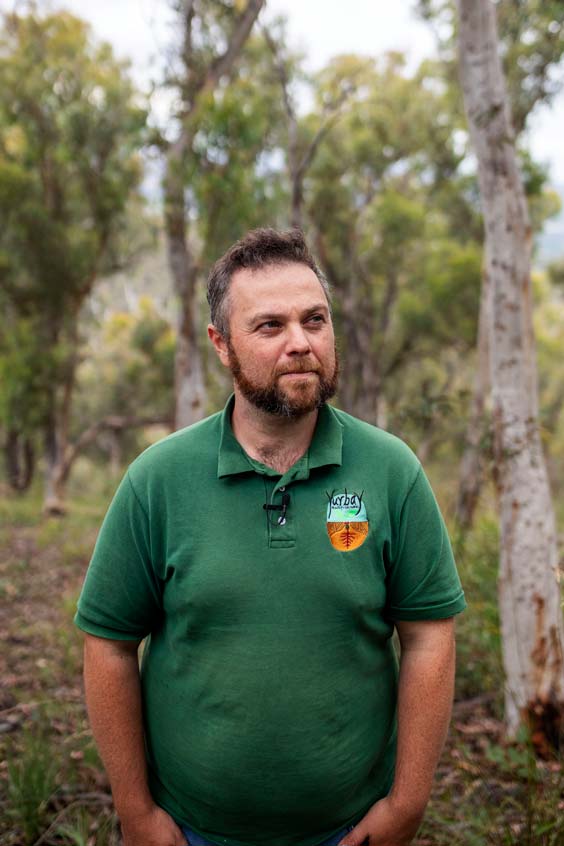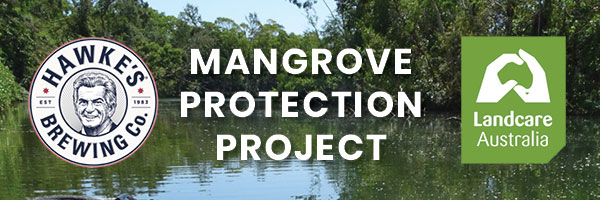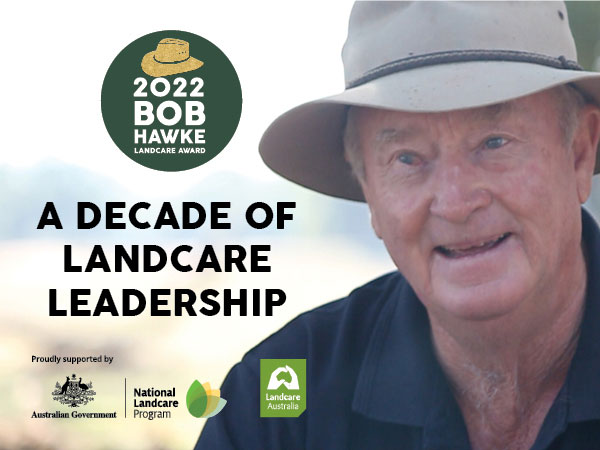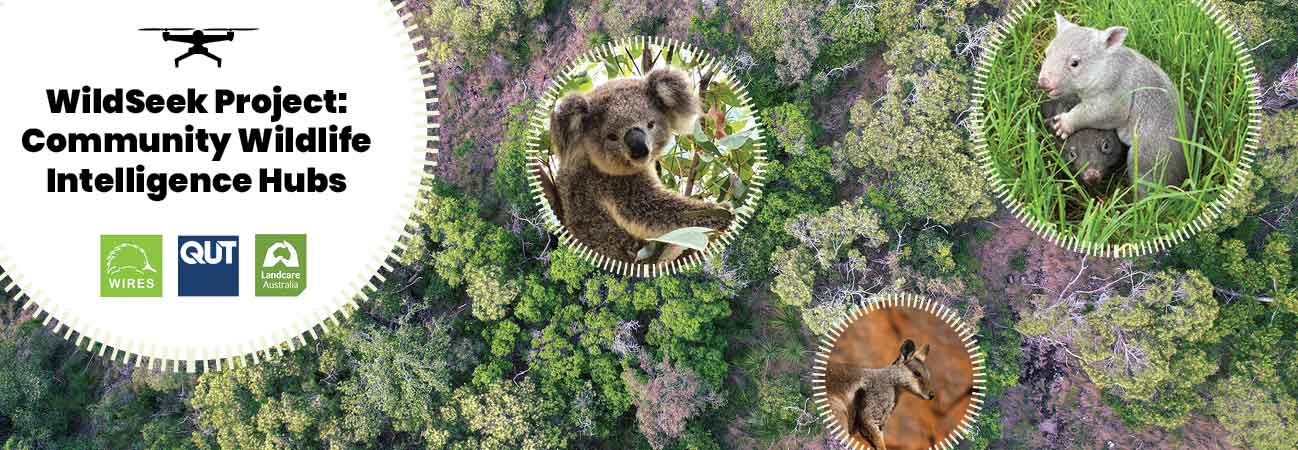
03.06.22
WildSeek Project: Community Wildlife Intelligence Hubs launched
The first step toward building a national conservation AI network is underway, with the WildSeek Project: Community Wildlife Intelligence Hubs being launched by Landcare Australia, WIRES and Queensland University of Technology (QUT).
The partnership will bring together their collective expertise, knowledge, and network reach, to co-create and support a network of Community Hubs for the conservation and rescue response of native species. While the Project’s initial focus is on identifying koalas, it has the potential to expand the program to include multiple species including kangaroos, wallabies, and wombats.
Partners will provide over $1.5 million in funding over three years to support the project, with a significant contribution by WIRES. QUT will serve as the National Conservation AI Analytics hub where infra-red drone footage collected around the country will be analysed using an algorithm created at QUT to identify wildlife populations.
Landcare Australia CEO, Dr Shane Norrish, said: “The Black Summer bushfires highlighted just how little is known about the presence and abundance of wildlife across vast tracts of the Australian landscape, despite decades of effort by researchers, authorities, volunteers, and other land managers. The WildSeek Project will take the first steps to address that.
“By bringing together the expertise of landcarers, volunteers and professionals across three states, we will lay the foundation for a national conservation AI network that will benefit communities and native animals alike.”
The Project will establish five Community Hubs for data collection and rescue response across New South Wales, Queensland and Victoria.
Coordinated by Landcare Australia, each Hub will be equipped with innovative technology, capacity, support systems and training to generate and share accurate data on wildlife populations and individuals. This will enable a more effective response in emergency situations by significantly improving knowledge of wildlife density and distribution across each region.
WIRES CEO, Leanne Taylor, said: “The lack of baseline data on wildlife we had during the Black Summer Bushfires meant that during the emergency critical habitat could not be identified and prioritised for protection, and in the immediate aftermath, wildlife search and rescue was undertaken with limited real time data to coordinate rescue efforts.
“With these coordinated hubs and by using innovative technology, we will be able to generate and share accurate information on wildlife populations and individuals, enabling more effective response in emergency situations that will save countless animal lives.”
As part of the Project, a select number of local landcare group members and citizen scientist volunteers are being trained and licenced to use drones in order to capture data on local native animals. Following licencing, QUT Drone Team experts will be running a 3-day support and strategy workshop to provide survey standards, data management and wildlife ethics training, as well as working through a range of on-ground scenarios.
Quantitative ecologist and Associate Professor at QUT, Grant Hamilton, said: “We have been using AI to find koalas and other species for a few years now, but threatened species in Australia are spread over vast areas, and this network will allow us to scale our efforts to find, count and manage them.
“If we understand where wildlife are and how many there are, it means we can make decisions about the best way to protect them during crises such as the Black Summer Bushfires, how to identify refuges and critical habitat and importantly, how to plan for a future in which we can expect to see more bushfires.”


